Worker Safety
Biocontrols Conference & Expo
Biocontrols Conference & Expo, March 3-4, 2016, Monterey, California
Learn everything you need to know about agricultural biocontrols from the experts.
Join your peers, leading organizations and industry experts at the Biocontrols Conference & Expo for two days of hands-on education devoted solely to the use of biocontrols in agriculture presented by Meister Media Worldwide, a media solutions provider for worldwide specialized agriculture, in cooperation with the Biopesticides Industry Alliance (BPIA), and the California Association of Pest Control Advisers (CAPCA). The Biocontrols Conference offers educational sessions, continuing education credits (CEUs) for pest control advisers (PCAs), certified crop advisers (CCAs) and other state certification programs, and an expansive Expo with top suppliers of biocontrol products and related services.
New for 2016!
Two optional, concurrent add-ons on the last afternoon of the event (additional fees may apply):
1.Tour of two leading Monterey-area specialty-crop growing operations that use biocontrols as part of their integrated pest management programs:
-Biocontrols USA Tour
-Pacific Plug and Liner, Watsonville, CA
2.Hands-on workshop on the use of beneficial insects in a greenhouse environment
Agenda Sampling:
-8 Tips To Get The Most Out of Your Biocontrols Program
-A look at the most common active ingredients and how to handle them to get the best results, Lance Osborn, UF IFAS
-What’s Next In Biocontrol?
-Regulatory Update, Bob McNally, EPA
-Pipeline Update – what types of new products are coming?
-The Future Isn’t Biocontrol. It’s IPM
-Understand The Value of Biopesticides – Do they Pencil Out for You?
-How To Evaluate/Field Test a New Research Biopesticide
-Biopesticides and Beneficials: Make Them Work Together, Frank Sances, Pacific Ag
-Fruit and Tree Nuts: Hands-on, How-To Topics
-Using Green Lacewings in almond and pistachio, Brad Higbee, The Wonderful Co.
-Vegetables: Hands-on, How-To TopicsMycorrhizae: Why it Makes Sense in Strawberries, Johan Pienaar, Mycorrhizal Applications.
Monterey Bay, the conference location, is in close proximity to the heart of major California specialty-crop production: vegetables, fruits, and ornamentals in Monterey County and the Salinas Valley, and affords you the opportunity to tie-in a long weekend in the Monterey Bay area.
Meister Media Worldwide and its leading family of brands including American Vegetable Grower®, Western Fruit Grower® / American Fruit Grower® and Greenhouse Grower®, CropLife®,
Having celebrated its 15th anniversary in September 2015, BPIA is dedicated to fostering adoption of biopesticide technology through increased awareness about their effectiveness and full range of benefits to a progressive pest management program.
Dedicated to the professional development and enhancement of its members’ education and stewardship, the California Association of Pest Control Advisers (CAPCA) represents more than 75% of the nearly 4,000 California EPA licensed pest control advisers (PCAs) that provide pest management consultation for the production of food, fiber and ornamental industries of this state.
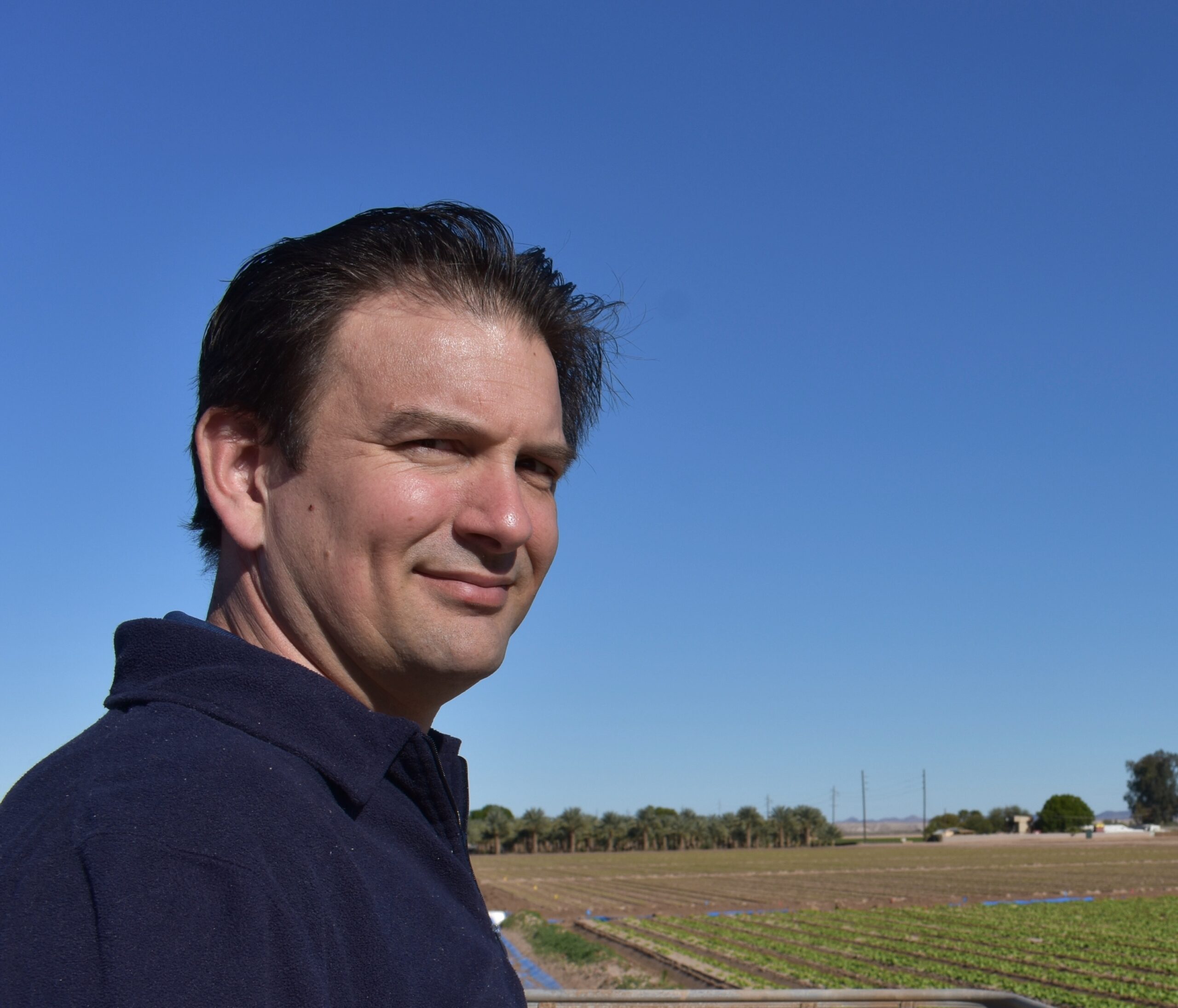

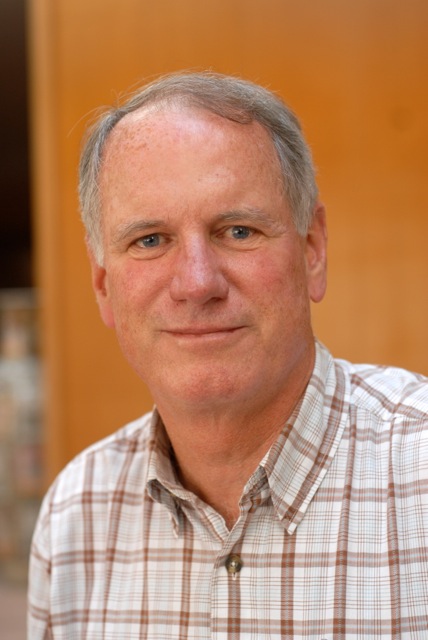

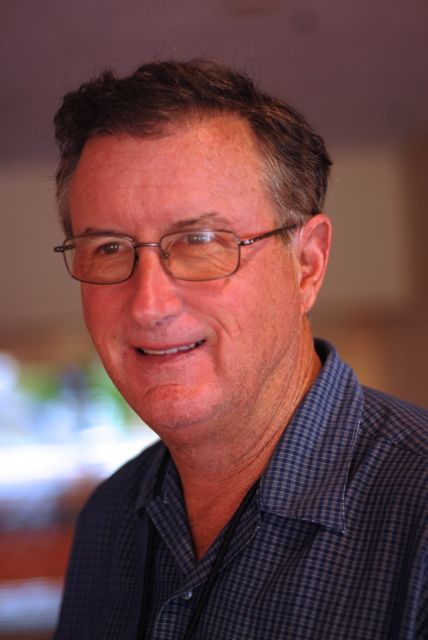

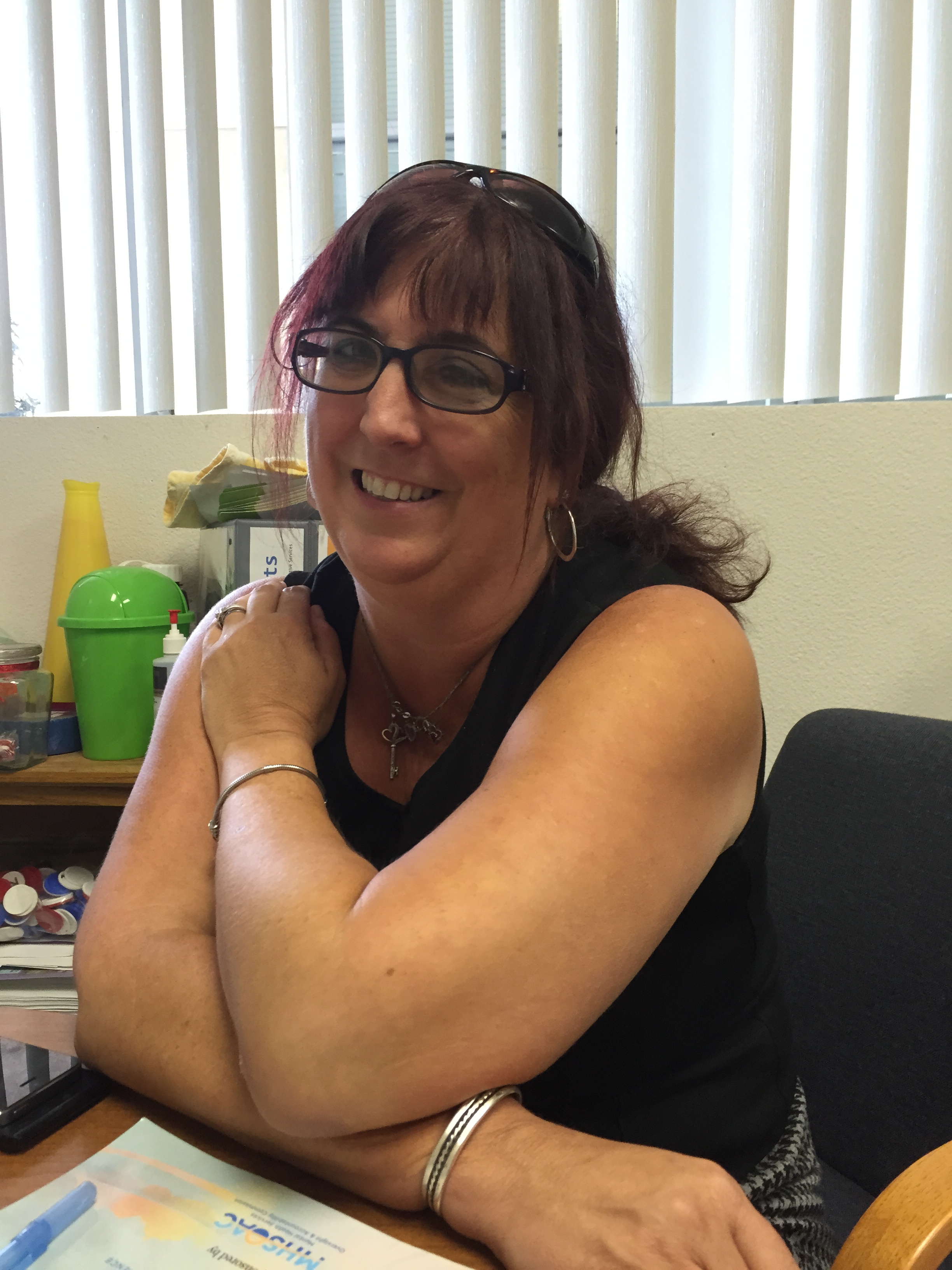





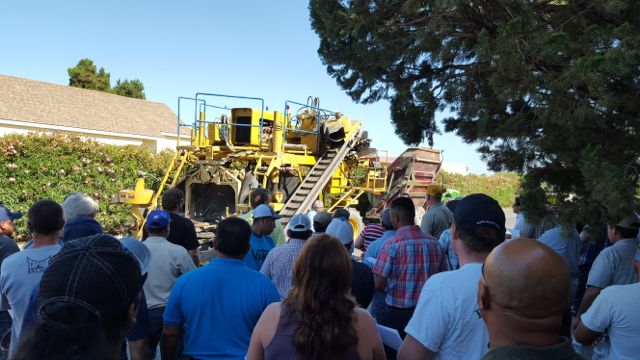
 “It’s no secret, grapes are one of the top crops here is Fresno County. So this raisin and wine grape mechanical harvest safety training is really just to make sure that all of our employers and employees have a safe harvest.”
“It’s no secret, grapes are one of the top crops here is Fresno County. So this raisin and wine grape mechanical harvest safety training is really just to make sure that all of our employers and employees have a safe harvest.”